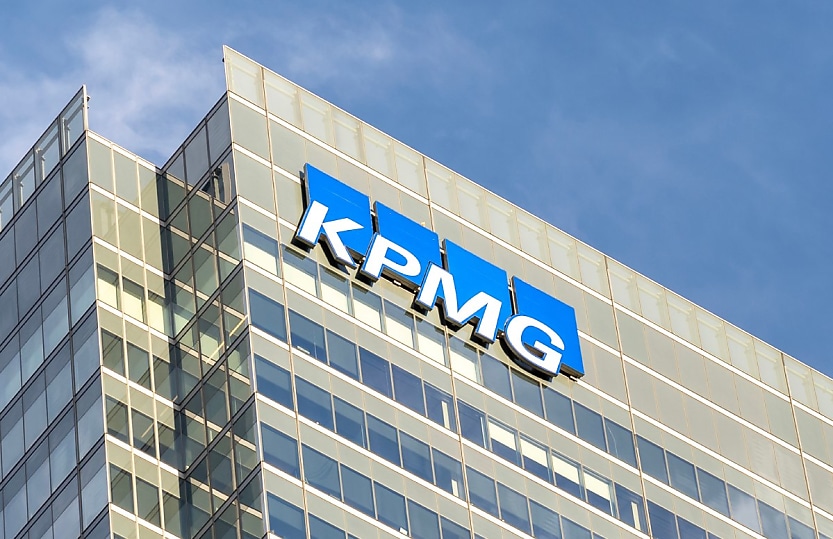Mid market wants a tax reform-led economic recovery: survey

Australia’s middle market continues to list talent shortages and costs as the leading challenges this year while the case for tax reform grows, according to a KPMG survey.
Nearly half of mid-market businesses (47 per cent) in Australia believe that a major tax reform would boost the sector’s growth, according to a recent survey from KPMG Australia.
This figure has remained largely steady over the past three years, with 52 per cent support in 2023 and 61 per cent in 2022.
When it came to specific forms of tax relief, retaining instant asset write-off over the long term was most popular choice (at 21 per cent), followed by loosening rules around use of tax losses (12 per cent), implementing an innovation tax incentive or software development tax incentive (10 per cent), increasing access to R&D tax incentives and greater tax concessions for employee share ownership (both at 9 per cent), and enhancing tax concessions for startup businesses (7 per cent).
One respondent said that tax reform should “put everything on the table. From GST, [negative gearing], eliminate franking credit refunds, flat rate of tax on trusts, remove HECS, etc.”
Another wrote that personal taxation should be lowered “across the board” while expanding the GST bases.
Asked what they made of the ATO’s increased compliance activity regarding trusts and tax planning, 17 per cent of respondents said they were “very concerned,” while another 17 per cent said they were “somewhat concerned”.
Two-thirds were not at all concerned by ATO’s heightened interest in trust and tax planning, however, either because they were confident in their trusts and advice (40 per cent) or because their business had no trust (26 per cent).
One private, non-family business respondent told KPMG the government should introduce a flat tax rate on trusts of 30 per cent. At the same time, another voiced support for the ATO’s focus on artificial tax minimisation.
Nearly half (46 per cent) of mid-market businesses are against the government’s proposed tax hikes on self-managed super funds, according to the survey.
The government plans to introduce an additional 15 per cent tax on the earnings of super balances above $3 million and unrealised gains. While 48 per cent of respondents said they supported the higher tax for those with large balances, the same amount opposed the taxing of unrealised gains.
Only six per cent of respondents supported both the increased tax rate and the taxing of unrealised gains.
The survey also identified cost and margin pressures (51 per cent) and the recruitment and retention of skilled staff (45 per cent) as the top two challenges for mid-market businesses over the short term.
Compared with the previous two years, cost and margin pressures held largely steady as the leading mid-market challenge, while staffing challenges were down by 24 per cent compared with 2022, though still in second place.
That said, the size of the talent challenge varied significantly between sectors. For instance, financial services and energy, mining, and property listed it as the top challenge this year (affecting 70 per cent) while only one-third of corporates selected it as a challenge.
Cyber security risk was identified as a challenge by 24 per cent of respondents for the first time, while the share of businesses that identified interest rates as a leading challenge halved compared to last year (now 17 per cent).
AI is increasingly seen as a significant contributor to higher efficiency and productivity among mid-market businesses, with 51 per cent believing in gains from AI automation of routine activities and 43 per cent eyeing its potential to speed up data analysis.
One-fifth of respondents said their business could benefit from more personalised services/engagement/innovation through AI while another fifth said it could benefit their business’s fraud detection or cyber attack response.
While only 1 per cent said AI is in “wide use” in their organisation, 40 per cent said it was in partial use, while another 41 per cent said they were planning on implementing it widely across their operations over the next two years.
Security and compliance (27 per cent) and technical capability and skills (26 per cent) challenges continue to be the leading challenges holding back a broader AI rollout. A lack of regulation and ethical challenges, at 19 per cent and 18 per cent, respectively, ranked next.
“AI is getting better and better, but staff in our organisation need all the technical skills necessary to implement and that can be very costly,” said one respondent.






